APS, trauma, and the scars that never heal
Many APS attack survivors have still not come to terms with the ordeals they went through on Dec 16, 2014
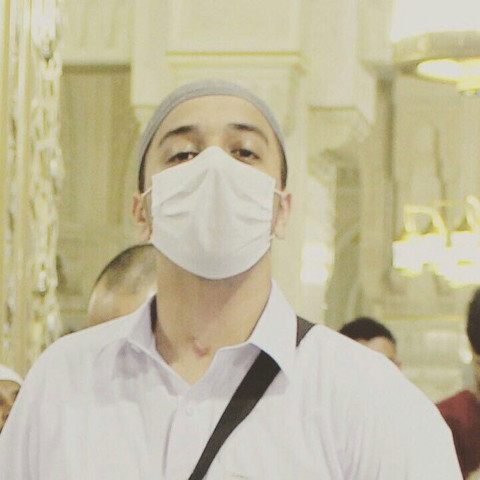
Talha Ali. PHOTO: EXPRESS
He was replaced by a Talha Ali who struggles to make friends, has issues with aggression, and is a middling student. All it took was one horrifying day.
Talha was still one of the lucky ones. Shot once through the jaw and thrice in the chest while inside the Army Public School (APS) auditorium on that fateful Tuesday morning, he still managed to run out the auditorium and get close to a classroom before he collapsed. A teacher took him inside the room and locked the door until it was safe outside. Talha was taken to Combined Military Hospital (CMH), where he spent 16 days on a ventilator and a month in intensive care.
Pakistan was offered to exchange Kulbushan Jadhav with APS attacker
Today, he lives with a facial injury because of which he cannot close his mouth. He wears a surgical mask all day to hide the scars.
“He [physically] recovered after several months but was not willing to tell us anything. Even after three long years he is still unwilling to talk. He was shocked, and the psychologists told us not to push him to talk about the ordeal,” Talha’s father Ali told The Express Tribune.
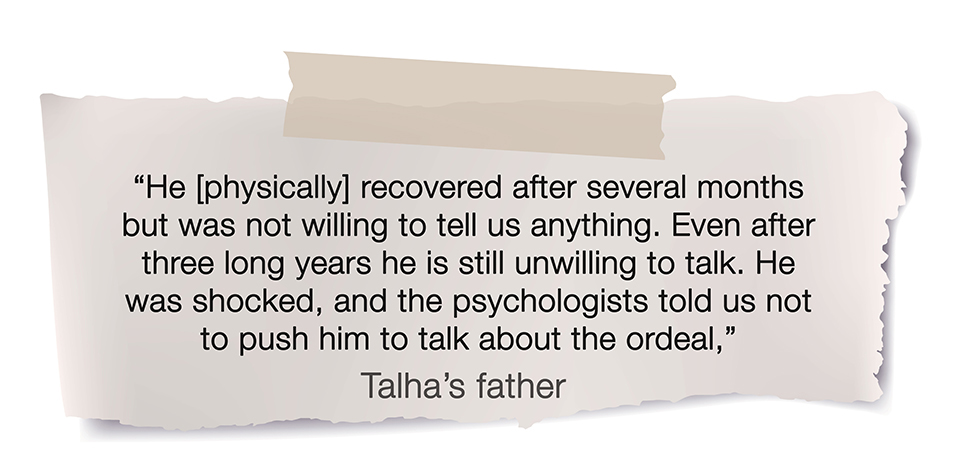
“They told us not to push him, and when he is finally ready, to make sure he doesn’t feel the need to stop at all. We followed the instructions of the doctors, but Talha never ever told us everything in these years,” he said, adding that they sensed that Talha needed some psychotherapy, but the teenager refused to go as he was not willing to admit that he was suffering from a psychological disorder.
“Talha isn’t the boy who used to top his class anymore. He can’t face his friends or even a crowd, and he is really aggressive. Despite this, he got decent marks when he appeared in his matric exams in April 2015, passing without any trouble. He then joined Edwards College and did his FSC, after which the university refused to grant him admission on the argument that he should be treated first and then enrolled because they would not be able to regularly give him time off for his medical treatment,” informed Ali, adding that Talha requires reconstructive surgery which costs around $35,000 abroad, which he cannot afford.
Childhood lost
“He used to take keen interest in sports and he was full of life. Now he is just a shadow of his former self,” said the boy’s father.
“Talha was in the auditorium when the terrorists struck. He was hit once in the face and thrice more in the chest. Even then he wanted to help others,” Ali said, explaining that his injured son got out, then went back to try and save his friend’s younger brother. “One of his teachers told him to run for life and forget about helping others as he himself was badly injured.”
Peshawar school attack: Five hours and a lifetime of sorrow
“Thank God Talha listened to his teacher and ran to the school wing, where he collapsed. Another teacher helped him inside a classroom and closed the door. The army rescued them when they got there,” Ali said, explaining that they had pieced together the story from Talha’s friends and what little Talha himself told them.
“He doesn’t take that mask off, even in bed. I feel sorry for him. I think that everything will be okay once he is properly treated but it requires a lot of money which I don’t have,” he added.
Long road to recovery
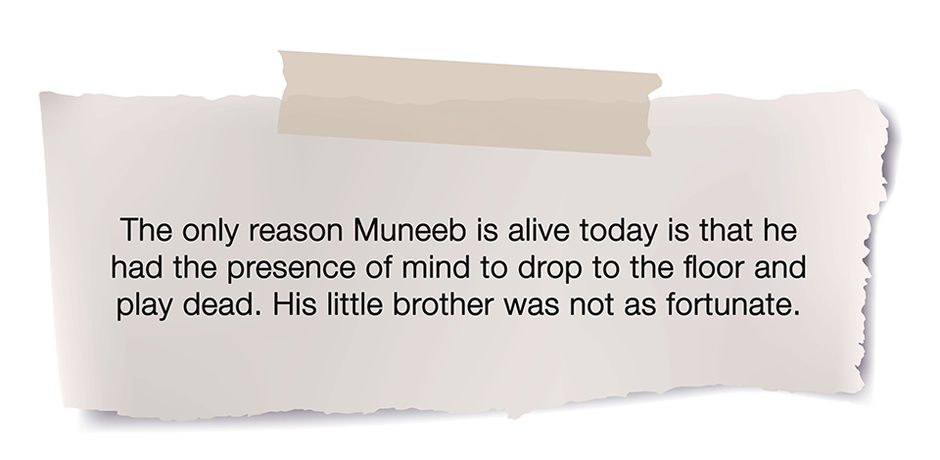
Muhammad Muneeb Khan was also in class 10 and was inside the auditorium along with his brother Shaheer – two years his junior – when the terrorists attacked. The only reason Muneeb is alive today is that he had the presence of mind to drop to the floor and play dead. His little brother was not as fortunate.

Muhammed Muneeb Khan. PHOTO: EXPRESS
“It was fourth period Math class when we were told there was going to be a first aid training demonstration so we all moved to the auditorium,” he said, adding that when they heard firing, the teachers told them that it was probably some kind of rehearsal.
“All the doors were closed, but the terrorists broke into the hall and started firing. I fell to the ground and stayed there. Almost all the students who tried to escape were killed. Their bodies were piled near the door. I was unable to think straight, but after more than an hour, I got up and went to the school wing and hid in a room with others. Later, we were rescued by soldiers and shifted to Defence Park,” he recalled.
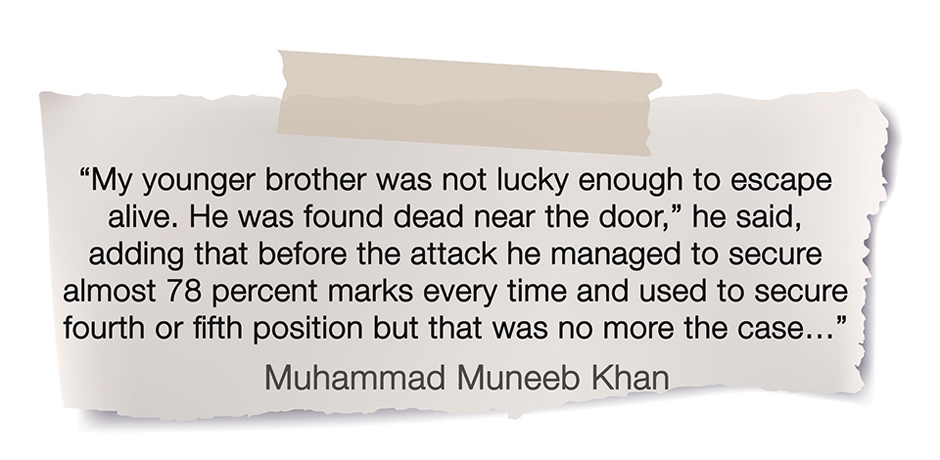
“My younger brother was not lucky enough to escape alive. He was found dead near the door,” Muneeb said.
Unlike Talha, Muneeb was willing to talk to a psychologist. Although he is faring a bit better in general, he still struggles with himself.
Scarred forever: ‘They can’t even go to sleep at night without sedatives’
“Initially I was treated by a psychologist at PC hotel for several weeks, after which I was able to sleep well but my grades are gone. I can’t remember things. I used to get around 80% marks, but now I barely manage 50%,” he said, adding that he doesn’t want to go out and meet friends, and is always itching to pick a fight.
A thousand days after the horror, hundreds of survivors and the relatives of victims continue to fight on to return to normal, one day at a time.
But for many, the most difficult fight has been in their own heads.

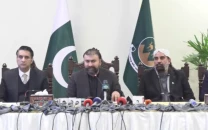

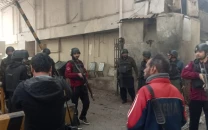
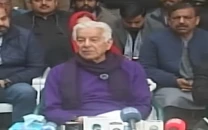
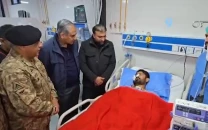













COMMENTS
Comments are moderated and generally will be posted if they are on-topic and not abusive.
For more information, please see our Comments FAQ